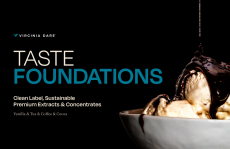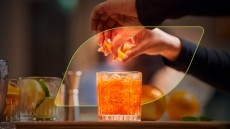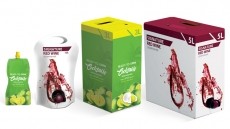Name and shame campaign for saltiest own brands
survey of retailers' own brand foods met with salt slashing targets
set by the UK's food watchdog, suggesting ongoing research into
reducing the content of this common food ingredient is necessary.
The findings from the UK National Consumer Council square against recent targets set by the UK's €99.58bn food and drink industry and the UK Food Standards Agency (FSA) to cut sodium content in a range of products, from white bread, soups and sauces to breakfast cereals and snacks.
Condemned for contributing to the worsening health problems in the population, consumer groups have come down hard on the food manufacturers pushing them to reduce the salt used in food recipes.
Eating too much salt is a significant risk factor in developing high blood pressure, itself a cause or contributing factor in the rising incidence of heart disease.
Recent figures from the FSA claim that every day at least 26 million people eat more than the recommended daily limit of 6g of salt. Men are eating the most with a daily average of 11.0g of salt while women consume an average of 8.1g a day.
The National Consumer Council survey claims just two products - the Co-op's pork sausages and Safeway's tomato pasta sauce - out of 100 met the salt targets.
Food makers use salt extensively in food formulations for the most part to improve flavour and preserve, but also for texture and to balance specific processes - to control yeast growth and fermentation rate in bread, or to inhibit clouding of vinegar in pickled products.
"We calculate that where you shop could add up to as much as 25 per cent more salt to your diet," says the NCC today.
UK retailers Somerfield and Morrisons' own-label foods had the saltiest profiles - scoring 2.5 and 1.5 out of ten respectively.
The group drew their findings from a study of the sodium content for ten standard foods: baked beans, canned tomato soup, cheese and tomato pizza, cornflakes, pork sausages, salt and vinegar crisps, sunflower/vegetable fat spread, tomato ketchup, tomato pasta sauce and white sliced bread.
According to their research, even 'healthier' positioned products fell short of their profile with just over a third - 37 per cent - of the 62 'healthier' products surveyed meeting with the FSA sodium targets.
Within product groups the NCC identified considerable variations. Marks & Spencer's tomato pasta sauce for example -three times the target level - revealed four times as much sodium as the Safeway product.













